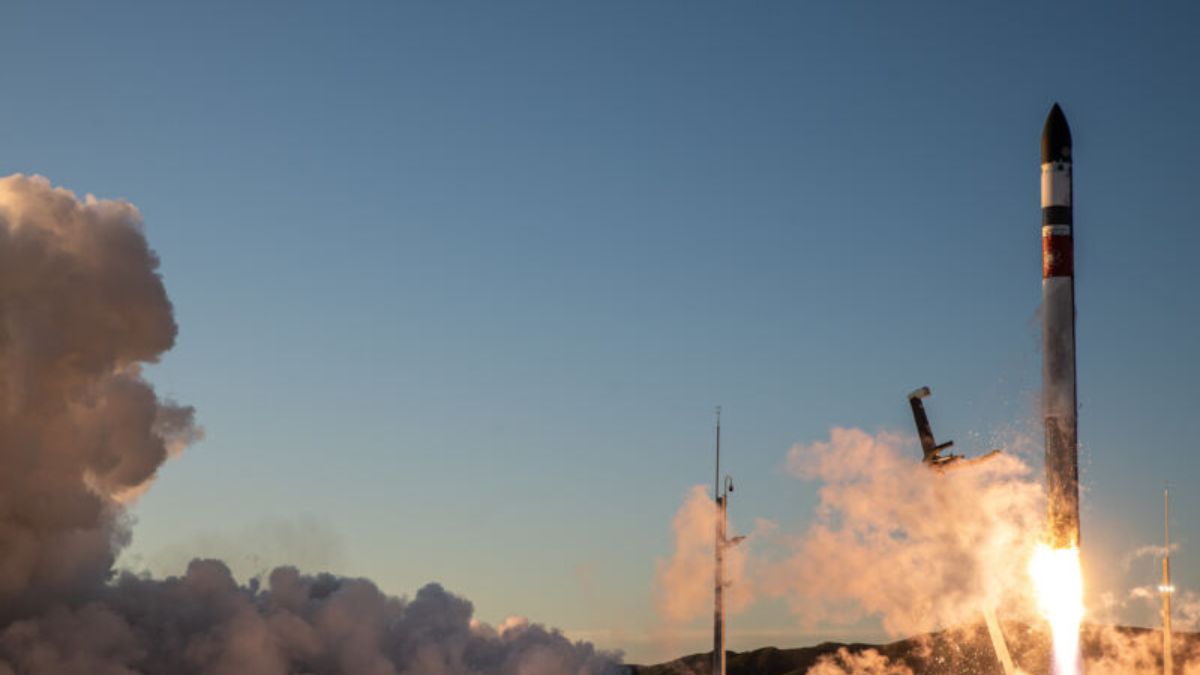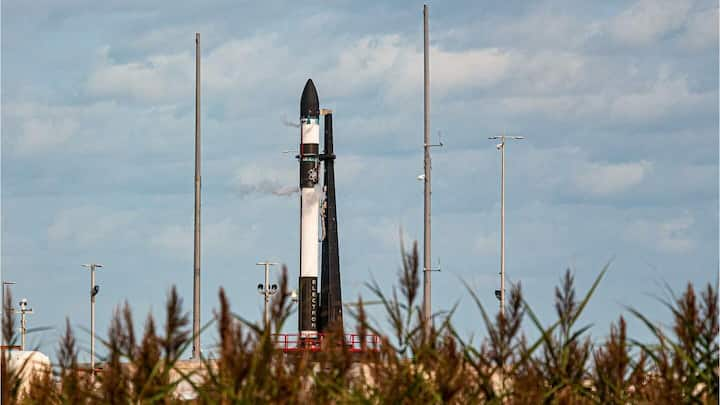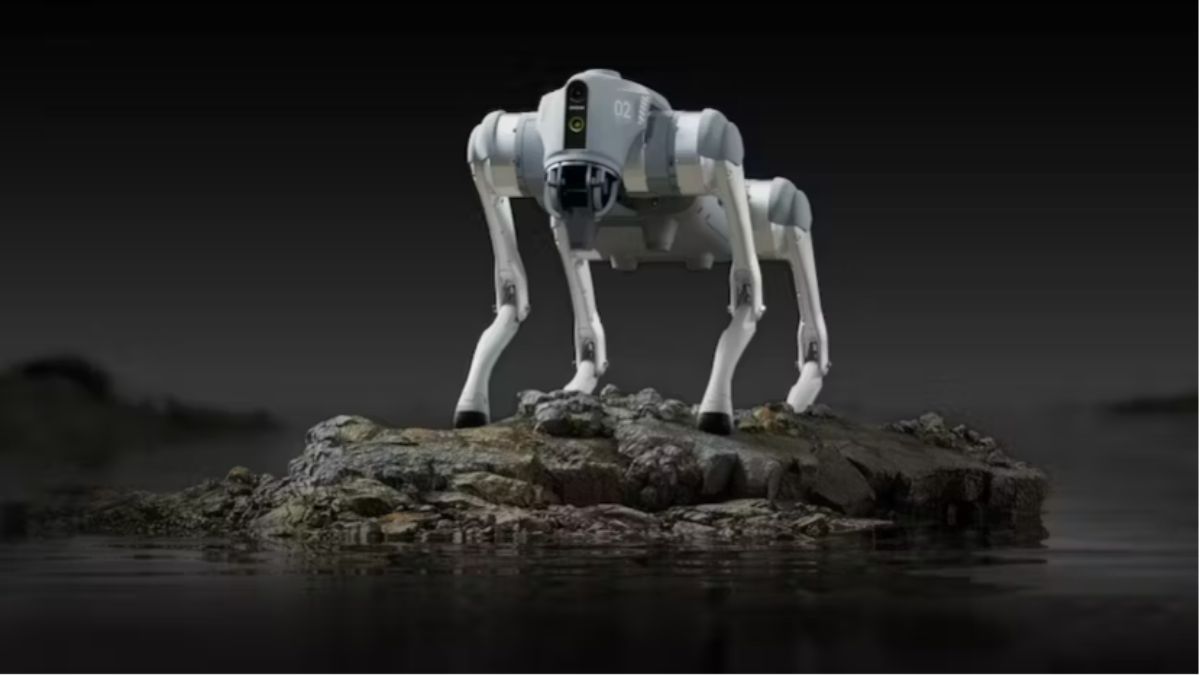For the first time, Rocket Lab successfully launches an electron booster from US territory
January 26, 2023 By Monica Green

(Image Credit Google)
On Tuesday, January 24, Rocket Lab's Electron entered orbit over Virginia's Eastern Shore after 32 flights from New Zealand. This is the business's first launch from US soil.
The "Virginia is for Launch Lovers" mission officially commenced at 6 o'clock (2300 GMT), some 12 minutes after flight controllers issued their final go/no-go certification, as initially reported by Space.com.
This comes after a Dec. 18, 2022 launch attempt had to be scrubbed because of powerful upper atmospheric winds.
Throughout first-stage separation, the rocket, which was 111 miles to the northwest of Washington, DC, could still be seen as it traveled across the arms of the constellation Orion.
Three radio-frequency Earth observation satellites from the analytics company HawkEye 360, which were carried by the Electron rocket, were successfully deployed around an hour and a half after launch, according to a tweet from Rocket Lab.
https://www.gadgetany.com/news/spacex-prepares-for-a-test-launch-in-february-by-stacking-a-powerful-super-heavy-rocket/
According to the plan, the three satellites were launched at a height of about 340 miles (550 kilometers). The report was delayed by about 35 minutes due to a ground station's fault in communications reception.
According to Rocket Lab founder and CEO Peter Beck, "We're incredibly happy to have delivered mission success for HawkEye 360."
[caption id="" align="aligncenter" width="962"]

Image credit- NY Breaking[/caption]
Wallops was supposed to be Rocket Lab's first choice for launches in 2020, but problems with a NASA-developed autonomous flight termination system—which was required for Electron launches—led to a protracted delay.
The system is an automated safety program designed to help rockets self-destruct if they veer off course.
According to NASA Wallops Flight Facility director David Pierce, the company found numerous software issues that required correction and additional testing by NASA, the US Space Force, and the Federal Aviation Administration.
The issues were ultimately resolved in December 2022, but bad weather prevented the launch attempt on December 18.
[caption id="" align="aligncenter" width="720"]

Image credit- Newsbytes[/caption]
Rocket Lab plans to launch one Electron mission from the Wallops launch site on average once each month. The company created the bigger Neutron reusable rocket, which will also launch from the Virginia launch site.
The first launch of the Neutron rocket is planned to occur before 2024. Even though the Electron rocket's first stage has traditionally been a single-use component, Rocket Lab intends to make it reusable.
The space company has gathered and analyzed Electron boosters from a number of orbital missions, and on one occasion even used a helicopter to save a falling first stage.


 Image credit- NY Breaking[/caption]
Wallops was supposed to be Rocket Lab's first choice for launches in 2020, but problems with a NASA-developed autonomous flight termination system—which was required for Electron launches—led to a protracted delay.
The system is an automated safety program designed to help rockets self-destruct if they veer off course.
According to NASA Wallops Flight Facility director David Pierce, the company found numerous software issues that required correction and additional testing by NASA, the US Space Force, and the Federal Aviation Administration.
The issues were ultimately resolved in December 2022, but bad weather prevented the launch attempt on December 18.
[caption id="" align="aligncenter" width="720"]
Image credit- NY Breaking[/caption]
Wallops was supposed to be Rocket Lab's first choice for launches in 2020, but problems with a NASA-developed autonomous flight termination system—which was required for Electron launches—led to a protracted delay.
The system is an automated safety program designed to help rockets self-destruct if they veer off course.
According to NASA Wallops Flight Facility director David Pierce, the company found numerous software issues that required correction and additional testing by NASA, the US Space Force, and the Federal Aviation Administration.
The issues were ultimately resolved in December 2022, but bad weather prevented the launch attempt on December 18.
[caption id="" align="aligncenter" width="720"] Image credit- Newsbytes[/caption]
Rocket Lab plans to launch one Electron mission from the Wallops launch site on average once each month. The company created the bigger Neutron reusable rocket, which will also launch from the Virginia launch site.
The first launch of the Neutron rocket is planned to occur before 2024. Even though the Electron rocket's first stage has traditionally been a single-use component, Rocket Lab intends to make it reusable.
The space company has gathered and analyzed Electron boosters from a number of orbital missions, and on one occasion even used a helicopter to save a falling first stage.
Image credit- Newsbytes[/caption]
Rocket Lab plans to launch one Electron mission from the Wallops launch site on average once each month. The company created the bigger Neutron reusable rocket, which will also launch from the Virginia launch site.
The first launch of the Neutron rocket is planned to occur before 2024. Even though the Electron rocket's first stage has traditionally been a single-use component, Rocket Lab intends to make it reusable.
The space company has gathered and analyzed Electron boosters from a number of orbital missions, and on one occasion even used a helicopter to save a falling first stage.






